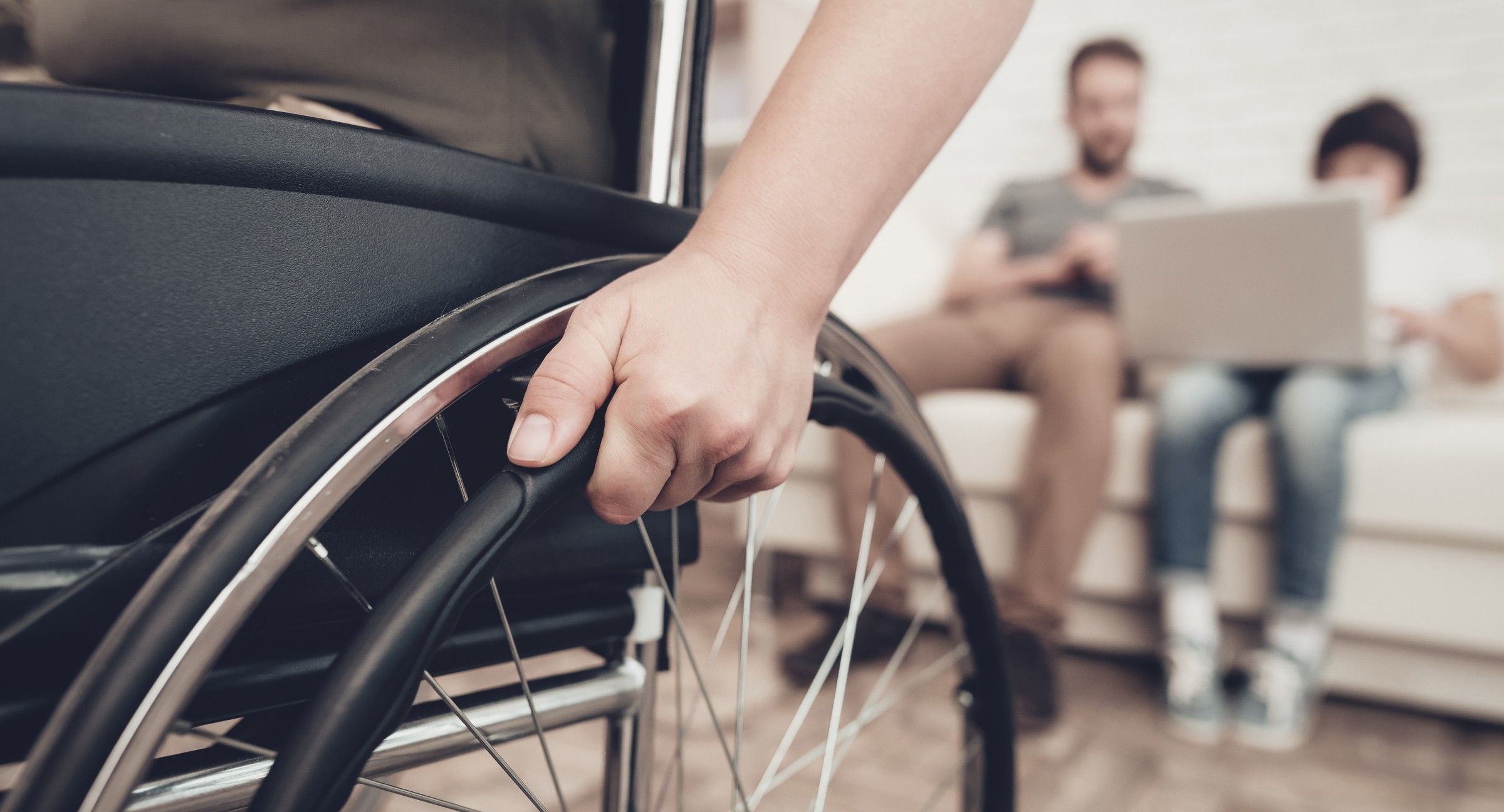Understanding Damages in Personal Injury Cases

- Personal Injury

Lawyers frequently use the word “damages” when discussing personal injury cases. But to outsiders, the word may seem vague and confusing. We’d like to explain the concept in simple language to ensure you understand your rights and receive the compensation you deserve.
Legal experts typically use “damages” as a broad term for the monetary compensation awarded to the plaintiff in a personal injury case. However, the word applies to a range of financial and non-monetary awards. We’ll explain the details below.
Non-Economic Damages
While putting a number to non-economic damages is more complicated to calculate, it is still very real and recognized by our legal system. These losses may include:
Physical Pain & Suffering: Personal injuries typically cause financial disruption due to unexpected medical expenses. Along with that, victims may also experience non-economic pain, including physical discomfort and anguish and ongoing discomfort or limitations caused by the reckless behavior of someone else. While more challenging to quantify, the legal system still recognizes these damages.
Mental Pain and Suffering: Our team has seen how personal injuries impact the body and the mind. In the aftermath of an accident, victims may experience depression, anxiety, and even post-traumatic stress disorder (PTSD). While these injuries cannot be detected with an X-ray machine, they are still very real.
To prove pain and suffering, victims often refer to mental health expenses and bill statements or gather witness testimonies from friends and family who knew them before the accident.
Inconvenience: Personal injuries disrupt victims’ daily lives and often keep them from enjoying activities and their former lifestyles. If neverending medical appointments and ongoing treatments have disrupted your life due to someone else's carelessness, you may be entitled to pursue inconvenience damages.
Emotional Stress: When victims are injured, they often worry about paying medical bills and fear a future in which they can no longer enjoy their previous lifestyle. This emotional stress is taxing, disruptive, damaging, and recognized by our legal system.
Loss of Quality of Life: Following a personal injury, victims may no longer be able to participate in activities due to stress or mobility issues. The legal system recognizes that this loss can diminish life quality and negatively impact relationships.
Economic Losses
Economic losses may include compensation for:
Loss of Earnings: Personal injuries often keep victims from returning to work. Monetary losses provide short-term (and, in many cases, long-term) financial relief to victims who have lost wages because they cannot work.
Limited Potential to Earn in the Future: Personal injuries have far-reaching implications, impacting your current and future income. This damage considers your ability to earn income over your remaining work years, factoring in disabilities, chronic health issues, and anything that may inhibit your ability to work in the future.
Medical Expenses: If you were injured, you likely received medical treatment, including ambulance services, a hospital visit, follow–up appointments with a specialist, and prescription costs. Monetary losses should cover these expenses.
Physical Impairment
These damages compensate victims who must endure the long-term consequences of their injuries. These consequences may affect their ability to work, participate in activities, and enjoy their former quality of life.
Chronic Pain: If you are experiencing recurring pain that lasts for more than three to six months, you may be entitled to pursue physical impairment damages.
Brain Injuries: Brain injuries extend to a range of conditions, including traumatic brain injury, concussions, or other cognitive impairments that cause physical and mental disabilities and even behavioral changes.
Paralysis: This type of injury can have a profound effect on victims. Paralysis may affect specific limbs or the entire body, reducing your quality of life and independence.
Physiologic Disorders: If you are experiencing any condition that affects the body, limits, interferes with or restricts walking, working, performing manual tasks, caring for yourself, or similar activities, you may be entitled to physical impairment damages.
Exemplary Damages
Also known as “punitive damages,” exemplary damages are compensation awarded to victims in a civil lawsuit. These damages extend beyond what is necessary to compensate for their non-economic and economic losses.
Unlike compensatory damages, which reward victims for their “actual” losses, exemplary damages punish the defendant for the reckless behavior that caused the injury.
Talk to an Experienced Personal Injury Attorney Now!
Have you experienced a personal injury due to someone else’s recklessness? The legal team at Jorgensen, Brownell & Pepin, P.C. understands the intricacies of personal injury cases, including the often-overlooked emotional distress that results from a personal injury. Don't let your emotional pain and suffering go unrecognized or uncompensated. Contact us now , and allow us to provide the support and representation you need to rebuild your life after a personal injury.
